- 74 Mount Street, Heidelberg, VIC, 3084
- Monday to Friday: 9am to 5pm
Choosing Hearing Aids
-
DWM Audiology > Our Services > Hearing Aid Services > Choosing Hearing Aids
How to Choose the Right Hearing Aid
Hearing aids are available in either a behind-the-ear (BTE) style, a receiver-in-the-canal (RIC: a mini BTE with part of the circuitry, the receiver, placed in the ear canal) or are fully contained in the ear. They either use disposable batteries or an integrated rechargeable battery.
The choice of hearing aid style will be determined by:
- the technology required for your level of hearing loss and communication needs
- your preferences with regard to the appearance and visibility of the hearing aids
- your manual dexterity ability
- the size and shape of your ears
Inappropriate hearing aid choice can increase your level of hearing disability if you cannot manage the complexity, handling or size of your hearing aids.
Hearing Aid Technology
Digital signal processing hearing aids are able to:
- automatically and rapidly adjust and set the required volume for each sound in your environment – so that you don’t need a volume control (unless you want one!)
- help to highlight speech through competing noise
- provide multiple listening programs to suit different environments. This can include speech in quiet, speech in noise, music, telephone, streaming via Bluetooth, telecoil, FM amplification.
- provide wireless access via Bluetooth to devices such as Smartphones, iPads etc.
- automatically switch between different listening programs, depending on your environment
- provide multiple microphones and adaptive directional listening. This is where the hearing aid restricts amplification from the noisier parts of your environment.
Hearing Aid Technology Levels
Hearing aid technology levels are set by the manufacturers to separate hearing aids into different performance and price categories.
These differences are largely based on noise processing features – the ability to detect and highlight a dominant speech sound in a noisy environment. Despite some of the marketing claims, no hearing aids can fully separate a voice from background noise or other voices.
The level of technological sophistication should be matched to your communication needs and budget. People who rarely communicate in groups or significant levels of background noise may not need a sophisticated and expensive level of hearing aid technology.
We encourage our patients to take their time to make their choice – we will provide the information and guidance that you need.
Book an Appointment
Our Services
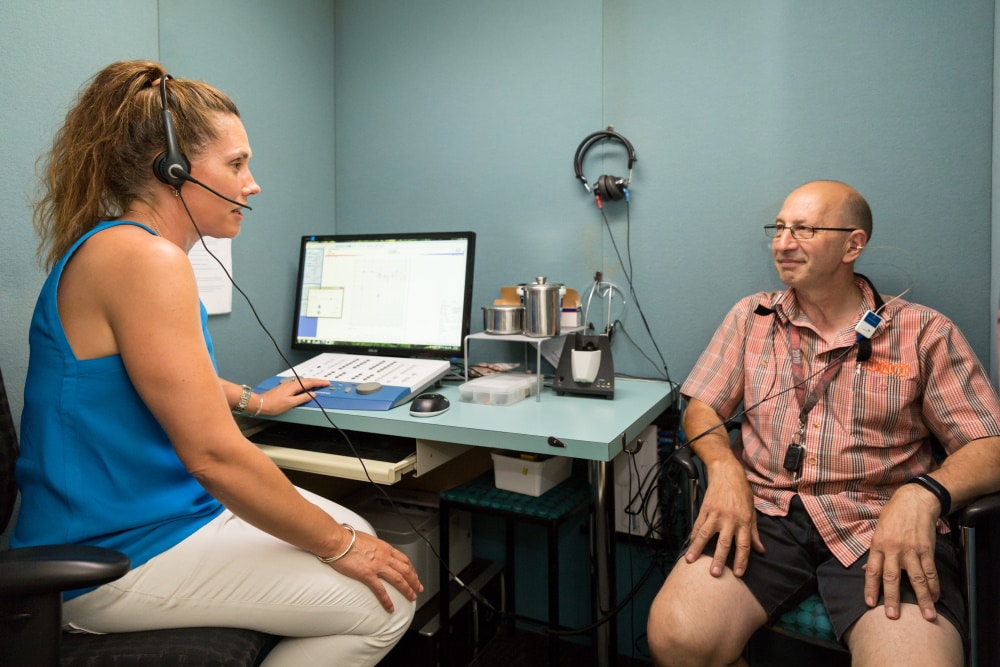
Hearing Tests for Adults
A reduced capacity to communicate has a significant impact on relationships, career opportunities, social connection, independent living and quality of life.
Read More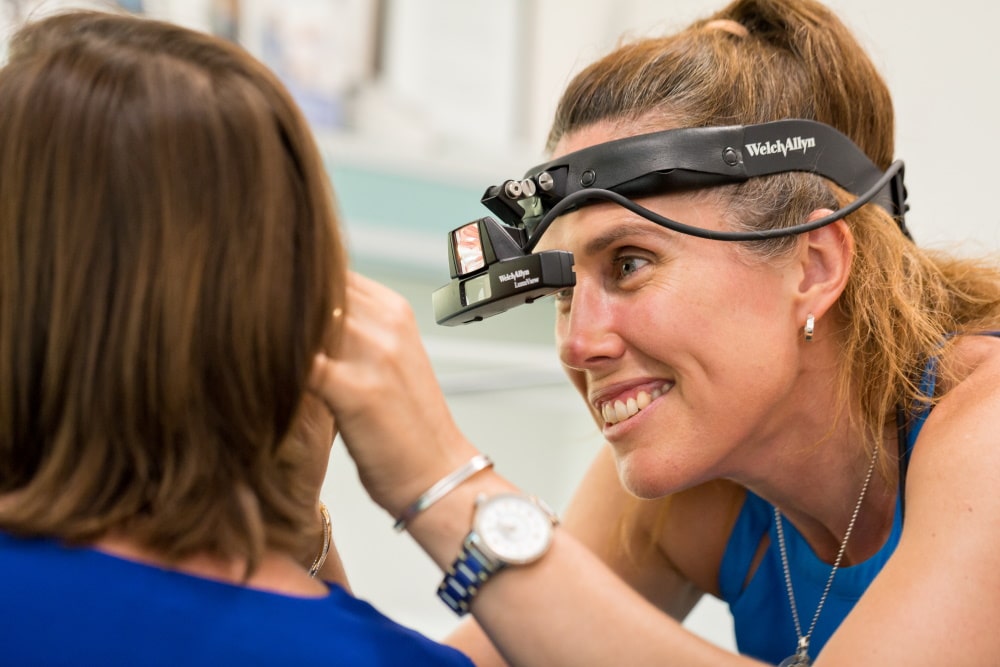
Do I Need A Hearing Aid?
We carry out a range of hearing tests that help determine whether you need a hearing aid.
Read More
Getting Used To Hearing Aids
With new hearing aids your concept of “normal” hearing will need to be relearnt.
Read More
Fine-Tuning Hearing Aids
We have extensive training, experience and expertise in fine-tuning contemporary hearing aids to individual communication needs.
Read More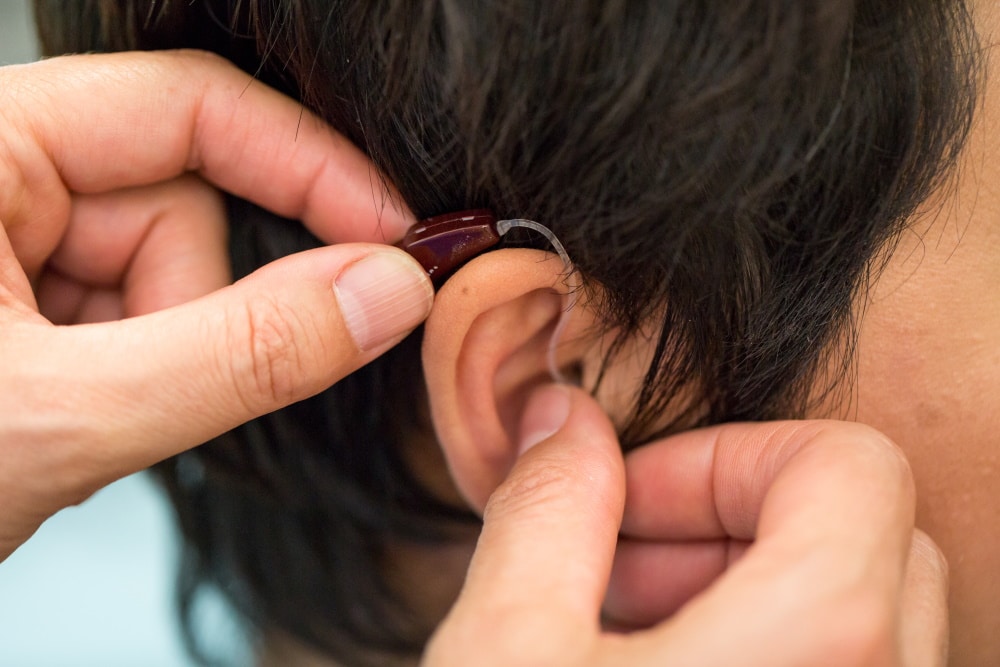
Hearing Aid Fittings
Your fitting package will include an instruction booklet and the accessories needed for maintenance and dehumidification
Read More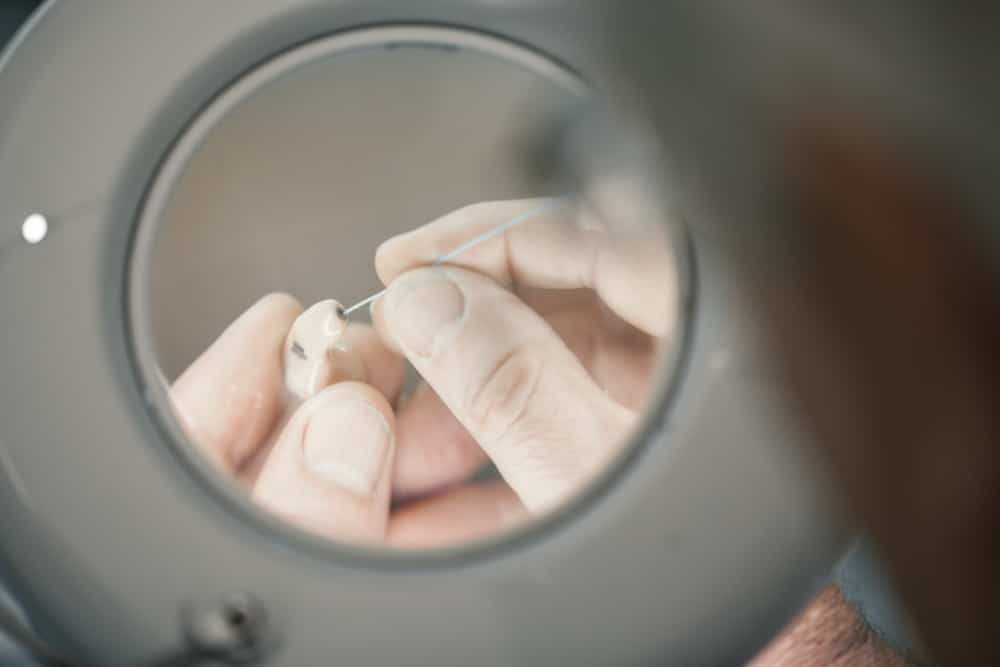
Hearing Aid Maintenance
To minimise the need for repairs and to preserve the life of your hearing aids, regular and thorough maintenance is essential.
Read More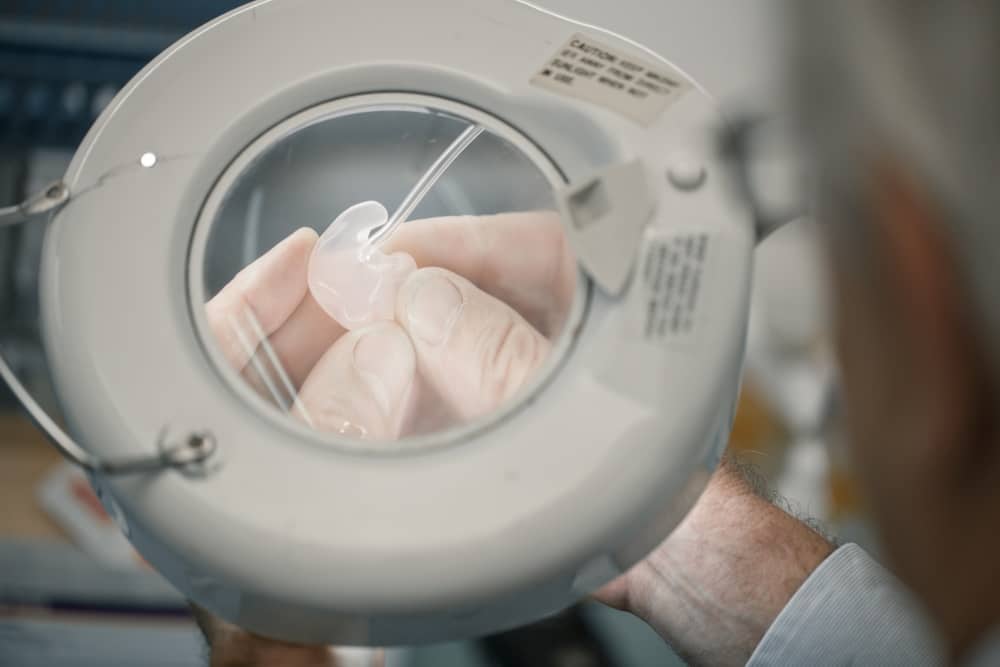
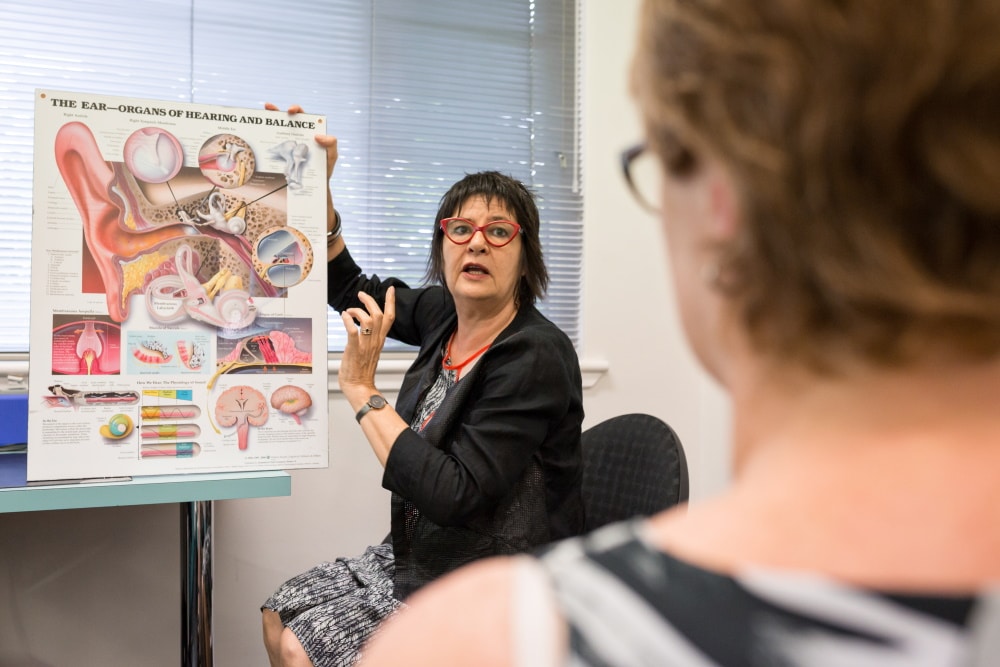
Hyperacusis & Misophonia
Both conditions have the potential to escalate, so that an increasing range of sounds become intolerable.
Read More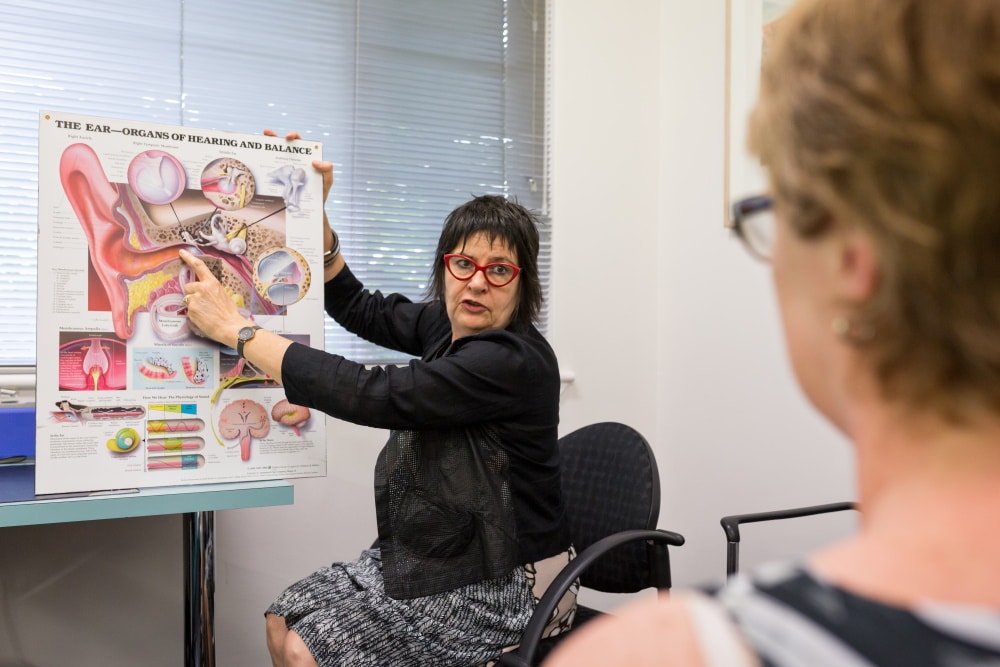

Misophonia
Misophonia is a strongly aversive response or abnormal sensitivity to certain specific sounds
Read More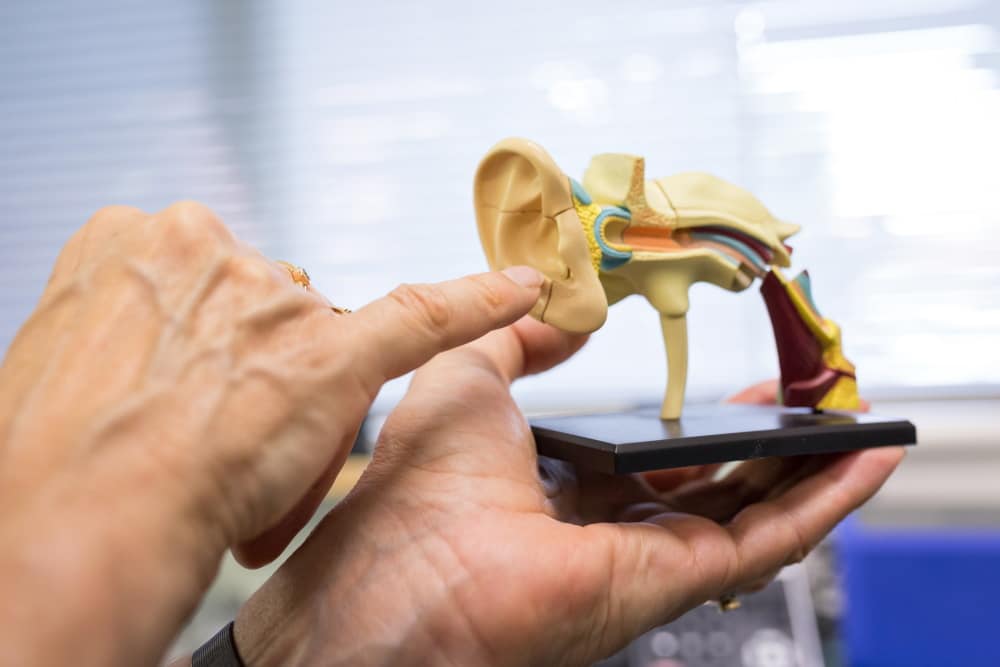
Tinnitus
Tinnitus is the term used to describe hearing any sounds which are not present externally.
Read More
Acoustic Shock
Acoustic shock is an involuntary fright/psychological trauma reaction to sudden, loud noises.
Read More
Auditory Processing
A Central Auditory Processing Disorder (CAPD, sometimes called APD) occurs when this process is impaired.
Read More
Hearing Tests for Kids
Hearing difficulties in school age children are known to have a significant impact on their social, behavioural and academic growth.
Read More
